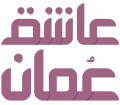The Ministry of Education organized a virtual ceremony titled ‘Literacy for Human-Centered Recovery: Reducing Digital Gap’. The virtual ceremony came under the auspices of Dr Abdullah bin Khamis Ambosaidi, Under-Secretary of the Ministry for Education, on Wednesday and coincided with the international Literacy Day, which falls on September 8 every year.
The Ministry of Education’s celebration of the International Literacy Day comes as a kind of partnership and solidarity with the countries of the world to confront illiteracy, and to benefit from the programs offered by various countries. Because of Covid-19, it is very important to take advantage of what technology and digital solutions offer in the face of illiteracy.
Dr Ambusaidi said: “The Ministry of Education’s celebration of the International Literacy Day comes as a kind of partnership and solidarity with the countries of the world in confronting illiteracy. It also comes with the goal of benefiting from the programmes offered by various countries. Because of Covid-19, it is very important to take advantage of what technology and digital solutions offer in the face of illiteracy. We also stress on the importance of supporting learners in literacy programs and providing them with supportive programs to raise their level of achievement.”
Dr Fathia al Sadiya, Director-General of the Directorate-General of Special Education and Continuous Learning, said, “The Sultanate’s participation in this celebration is a reflection of the efforts aimed at eradicating illiteracy in all its forms. The Ministry of Education has sought to implement development projects that support the process of literacy such as the cooperative school project, the educated village project, the eradication project, and the illiteracy of educated islands and villages.
“Among these projects also are the literacy project for workers in the private sector, the illiteracy zone project, the literacy project for people with disabilities, the literacy project for people with special cases, and the project to develop and rewrite literacy curricula to keep pace with modern educational developments with regard to teaching adults. The Ministry has also implemented many field studies to identify points that would enrich the educational process in eradicating illiteracy, including the evaluation study for the project of using the outputs of the general certificate to teach in literacy classes, and the study of reasons for males’ reluctance to enroll in classes.”
“The general population census conducted in 2003 showed that the illiteracy rate in the age group 15-44 years was 9.1 per cent compared to 0.52 per cent in 2020. This great achievement shows the amount of effort made by the Ministry of Education in combating illiteracy.”
Four papers were presented during the event. The first paper titled ‘The Ministry’s Efforts in the Field of Literacy’ was presented by Nawal al Ajmiya, Head of the Literacy Section in the Lifelong Learning Department at the ministry.
Khalid al Maawali, Head of the Higher Education and Scientific Research Department in the Education Department at the National Committee for Education, Culture and Science, presented the second paper ‘Illiteracy from a Global Perspective’.
The third paper ‘A proposal for a mechanism of action in light of the continuing Corona pandemic in the literacy people of Musandam Governorate’ was presented by Noura Al Shehiyah, Head of the Lifelong Learning Department in the Governorate of Musandam.
Raja’a al Busaidi, Head of the Lifelong Learning Department in the Governorate of Muscat, presented ‘Activating the Role of the Offices of Walis in Adopting Literacy Programs in the Governorate of Muscat’.



